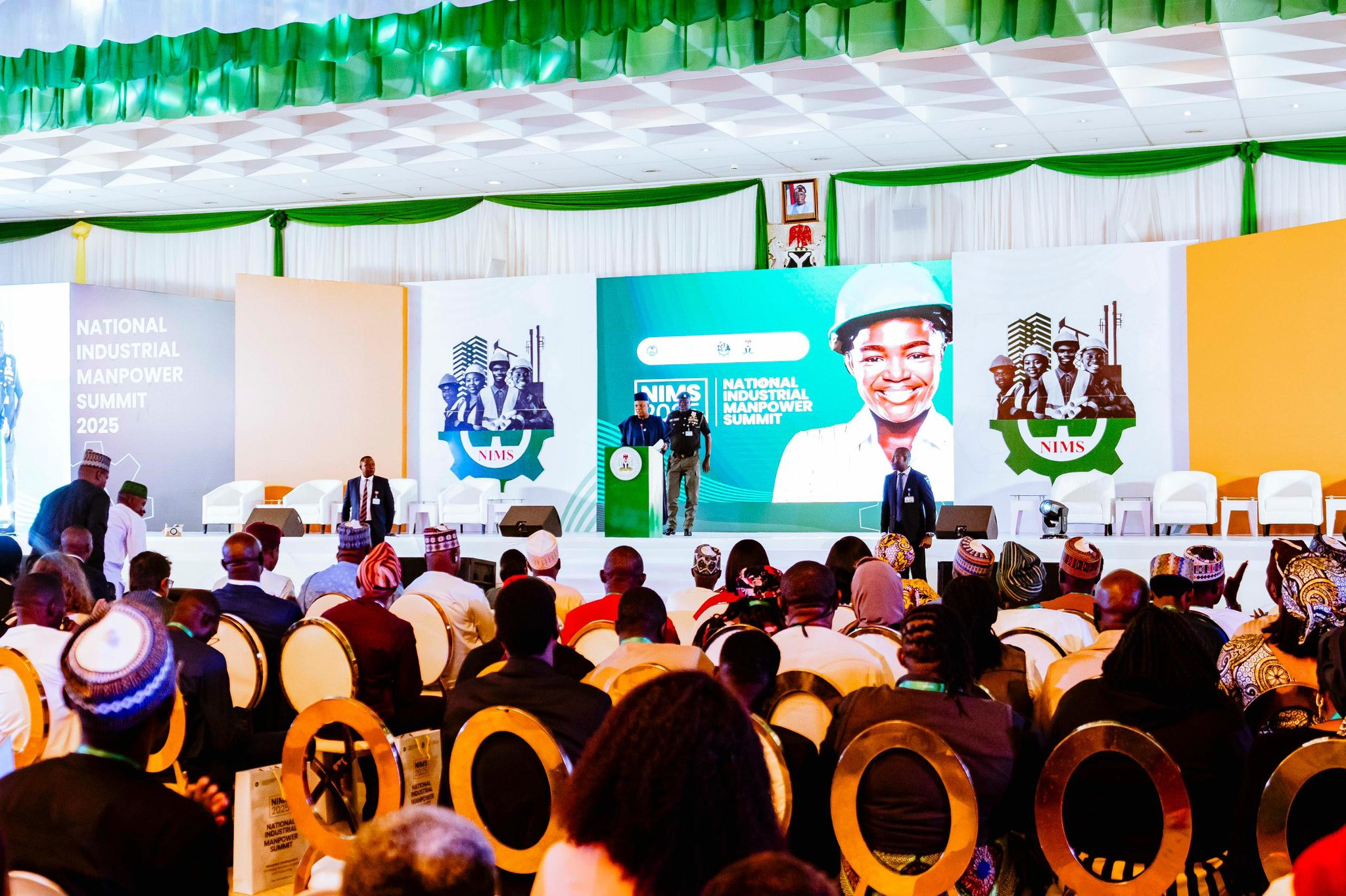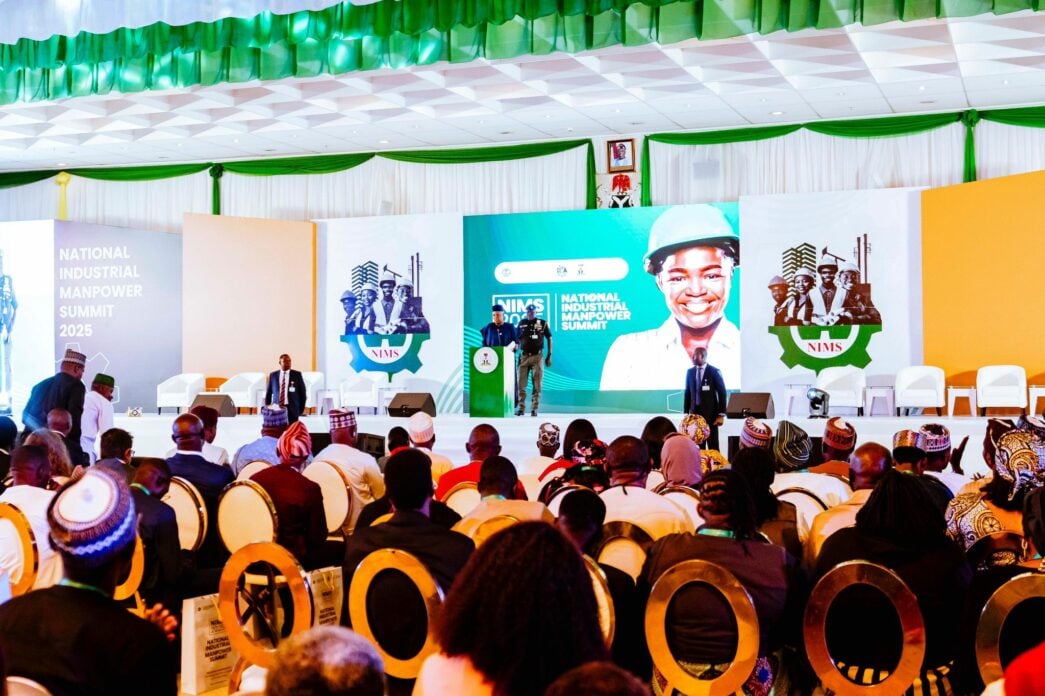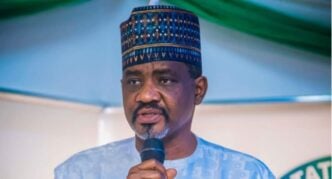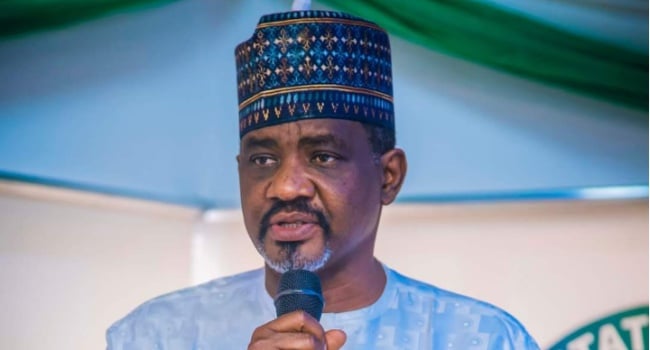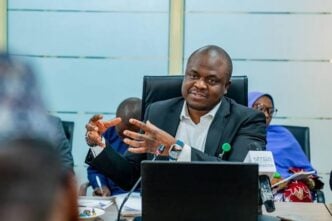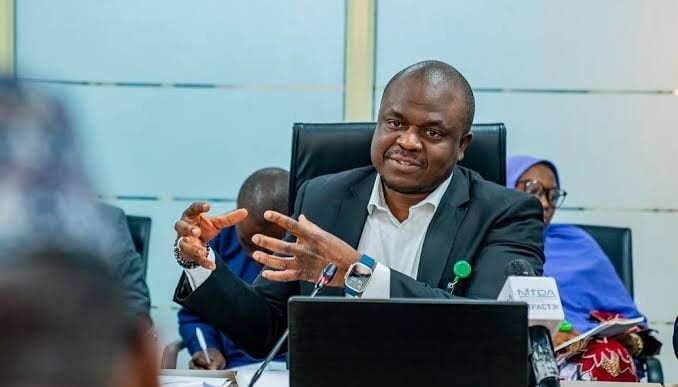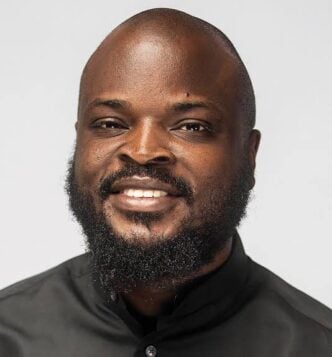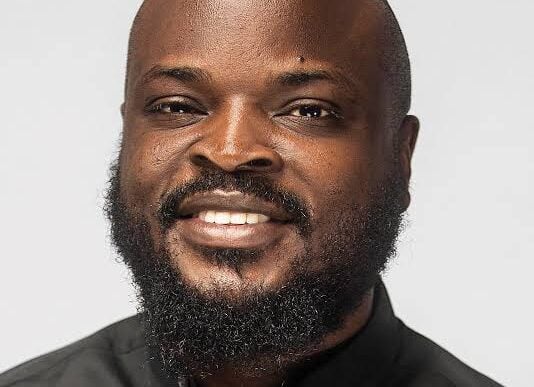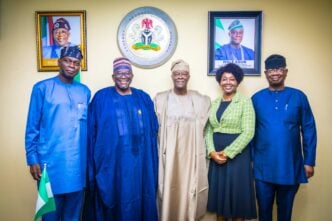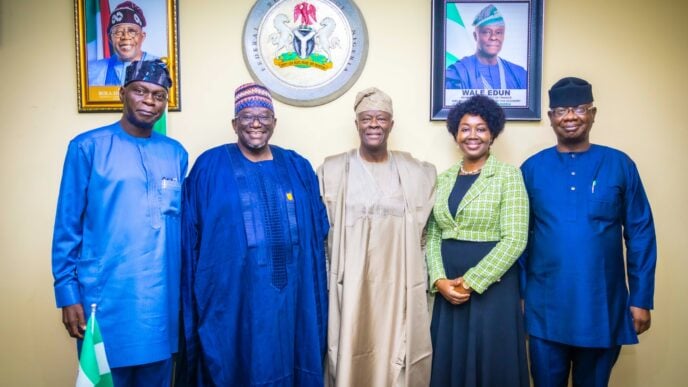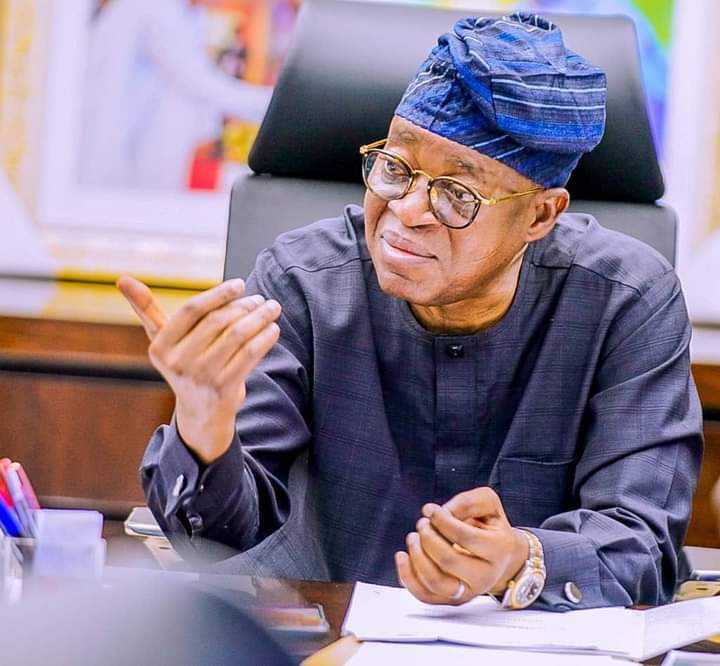Vice-President Kashim Shettima representing President Tinubu, gives his keynote address at NIMS 2025
President Bola Tinubu has announced plans for Nigeria’s first-ever national industrial manpower development policy.
Tinubu, represented by the Vice-President Kashim Shettima, announced this in his keynote address at the opening of the National Industrial Manpower Summit (NIMS) 2025 on Tuesday in Abuja.
The event was themed ‘Manpower Development: The Bridge Between Potential and Productivity’.
The summit had government officials, industry leaders, academia, and international partners to develop actionable recommendations for workforce development.
Advertisement
The president said the country’s greatest asset lies in its people rather than its natural resources.
He pointed to the urgent need to bridge the gap between educational output and industry requirements to unlock Nigeria’s economic potential.
“For a nation with a median age of about seventeen, Nigeria is an incredibly young country. This youthfulness is a gift, but it is also a responsibility,” Tinubu said.
Advertisement
“We must make our young people not just a demographic statistic but a central component of our policy-making process.”
He told the participants that an improvement in human capital, along with infrastructure and sound policy, was the bridge between development and setback in every nation.
“We cannot afford to divest from our people because the world will not pause to wait for us,” he said.
“It is not just a forum for discussion; it is a call to produce actionable recommendations that will form the basis of Nigeria’s first-ever National Industrial Manpower Development Policy.
Advertisement
“I assure you that this administration will review, adopt, and implement viable proposals with urgency.
“Our mission is to align the education and training of our young people, and indeed the larger workforce, with the needs of industry.
“We must reverse the mismatch between what our institutions produce and what our economy requires.
“This cannot be realised unless we foster robust collaboration between the public and private sectors to prepare young Nigerians for the demands of today’s job market.”
Advertisement
The president maintained that the disruptive technologies of the era required a constantly evolving workforce, warning that Nigeria risks widening the skills gap if it fails to prepare adequately for the demands of the new technological order.
He called for an industrial skills database, sector-specific manpower roadmaps, and an elevated status for vocational and industrial training.
Advertisement
‘WELDERS, FACTORY OPERATORS MUST BE TREATED WITH RESPECT’
Tinubu insisted that welders, machinists, technicians, software engineers, and factory operators must be treated with the dignity, respect, and opportunity they deserve.
Advertisement
“This summit is not just a forum for discussion; it is a call to produce actionable recommendations,” he said.
Also speaking, Jumoke Oduwole, minister of industry, trade and investment, said national manpower was a key ingredient for attracting and retaining domestic investment for industrialisation to accelerate Nigeria’s economic development.
Advertisement
“Therefore, this gathering offers a timely opportunity to deepen our conversation and lay out a bold actionable strategy for a more resilient economy,” Oduwole said.
On his part, Maigari Dingyadi, minister of labour and employment, described the summit as a platform not just for dialogue but to forge a unified direction on skills development, certification and industrial manpower planning.
“We must therefore depart from individual efforts to more robust and collaborative efforts to drive this critical mandate where every player knows his role, collaborates effectively and works towards one shared mandate,” he said.
Similarly, Adamson Oluwatoyin, senior special assistant to the president on industrial training and development, said manpower development was the bridge between the nation’s abundant potential and the productivity required, adding that Nigeria has the resources, talent and ambition.
Oluwatoyin, however, said that without skilled, adaptable and innovative people, the country’s industrial dream will remain unrealised.
